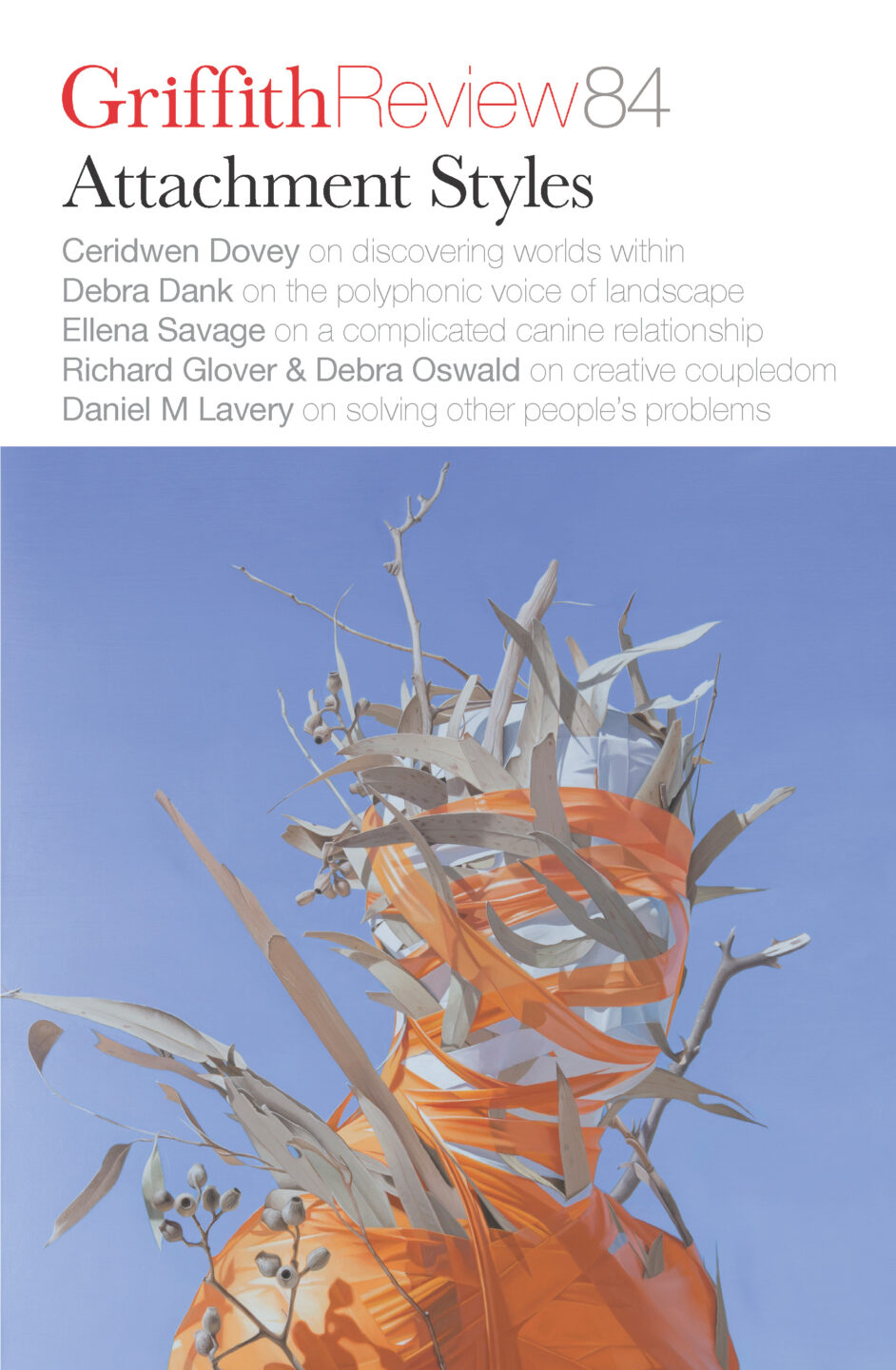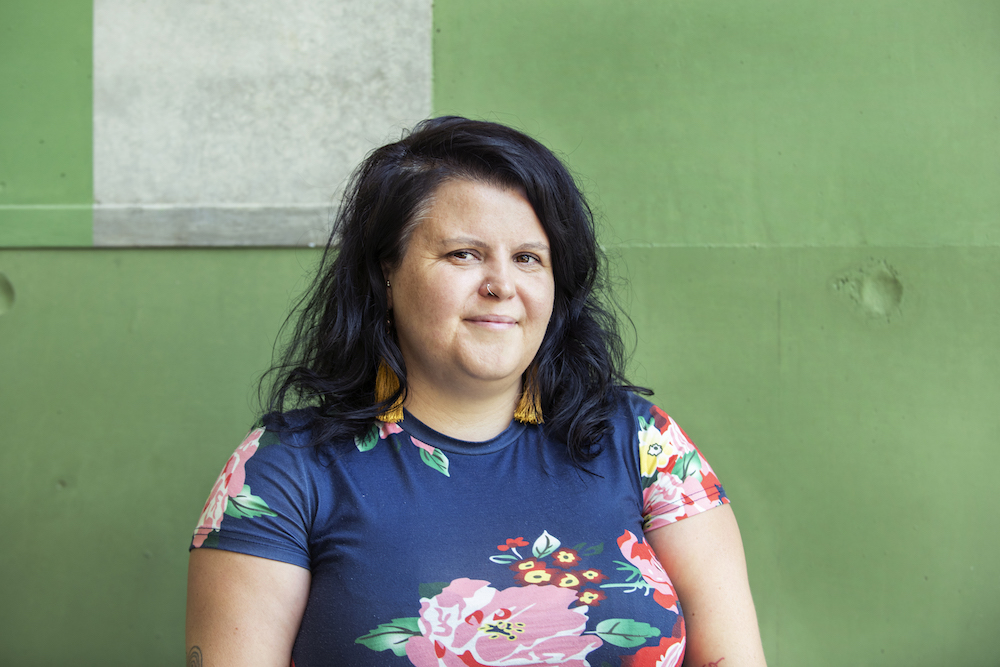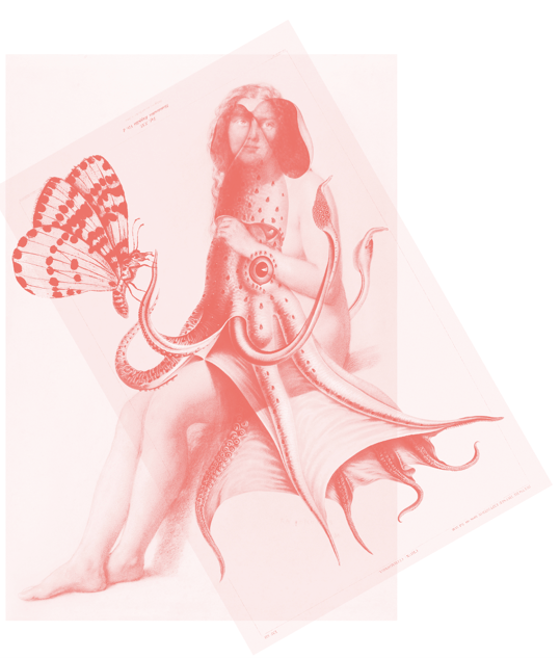Featured in

- Published 20240507
- ISBN: 978-1-922212-95-5
- Extent: 203pp
- Paperback, ePub, PDF, Kindle compatible


Already a subscriber? Sign in here
If you are an educator or student wishing to access content for study purposes please contact us at griffithreview@griffith.edu.au
Share article
About the author

Brooke Maddison
Brooke Maddison is a writer and editor working on unceded Turrbal and Yuggera land in Brisbane. Her writing has been published in Kill Your...
More from this edition

The octopus within
Non-fictionI’ve now watched quite a few doctors sketch my thyroid on office pads, something they all seem to love to do, relishing that butterfly shape, the two spreading wings. They do shade-hatching on the left or right lobe, colour in a dark circle to represent the tumour and draw four little dots for the parathyroid glands. I have started to look forward to this moment when a medical specialist transforms suddenly into an artist, taking pride in their drawing, picking up a special pen with a thin black nib, concentrating on making this invisible organ real to me. They are maybe unaware that through their own idiosyncratic drawing styles, they become instantly more interesting as people. They hand over the piece of paper and explain the next steps, and I take their drawings home, magnet them to the fridge beside the more exuberant pictures done by my kids, start making the necessary calls, and turn up on time to the next appointment, curious as a child in kindergarten. Which is how I first learnt that there is an octopus within.

The whole truth
Non-fictionActing methods...have remarkable similarities to spiritual cults. They have leaders, dogmas, even seminal texts. They have supervised rites and orthodox practices. They have stages of enlightenment, and trained leaders who will inform you whether you’ve reached such heights (and you usually haven’t, unless you’re sleeping with the leader in question).

Psychobabble
Non-fiction ONCE, ON A first date, a man asked me if I knew about attachment styles. He caught himself before he finished the sentence and...